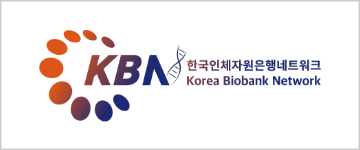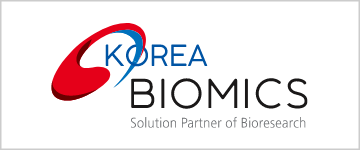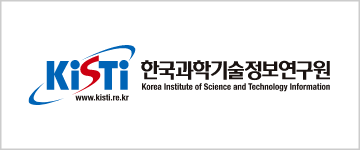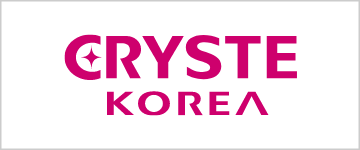2025 Fall
International Convention of PSK
2025 CONVENTION
Abstracts
pH-responsive doxorubicin dimeric nanoassemblies with high loading, stability, and tumor selectivity
- Yu Jeong Kim1,2, Yonghyun Lee*1,2
- 1College of Pharmacy, Ewha Womans University
- 2Gradutate Program in Innovative Biomaterials Convergence, Ewha Womans University
Doxorubicin (DOX) is a widely used chemotherapeutic for solid tumors, but its clinical utility is hampered by severe cardiotoxicity. Doxil, the first FDA-approved nanomedicine, mitigates this; however, it still faces significant limitations, including low drug loading (11%), suboptimal drug release at tumor-site, and continued dose-limiting toxicity, restricting its antitumor efficacy. To address these, we developed imine-based pH-responsive doxorubicin dimeric nanoparticles stabilized with DSPE-PEG (DOX-i-DOX@DSPE-PEG), designed for tumor-specific drug release and reduced systemic toxicity for improved cancer therapy. DOX-i-DOX@DSPE-PEG showed high drug loading efficacy (40%, molar basis), pH-responsive behavior, and good colloidal stability. Notably, DOX-i-DOX@DSPE-PEG induced minimal cytotoxicity in H9C2 cardiomyocytes, indicating reduced cardiotoxicity, while doxorubicin showed significant toxicity in the cells. Finally, in a murine MC38 tumor model, DOX-i-DOX@DSPE-PEG exhibited effective in vivo antitumor efficacy but without significant body weight (%) loss or systemic toxicity, even at doses exceeding the maximum tolerated dose of Doxil, unlike free doxorubicin and Doxil which caused marked toxicity. These findings suggest that DOX-i-DOX@DSPE-PEG as a promising nanoplatform for safer, more effective doxorubicin-based cancer therapy.
Q&A
- There are no registered questions









































